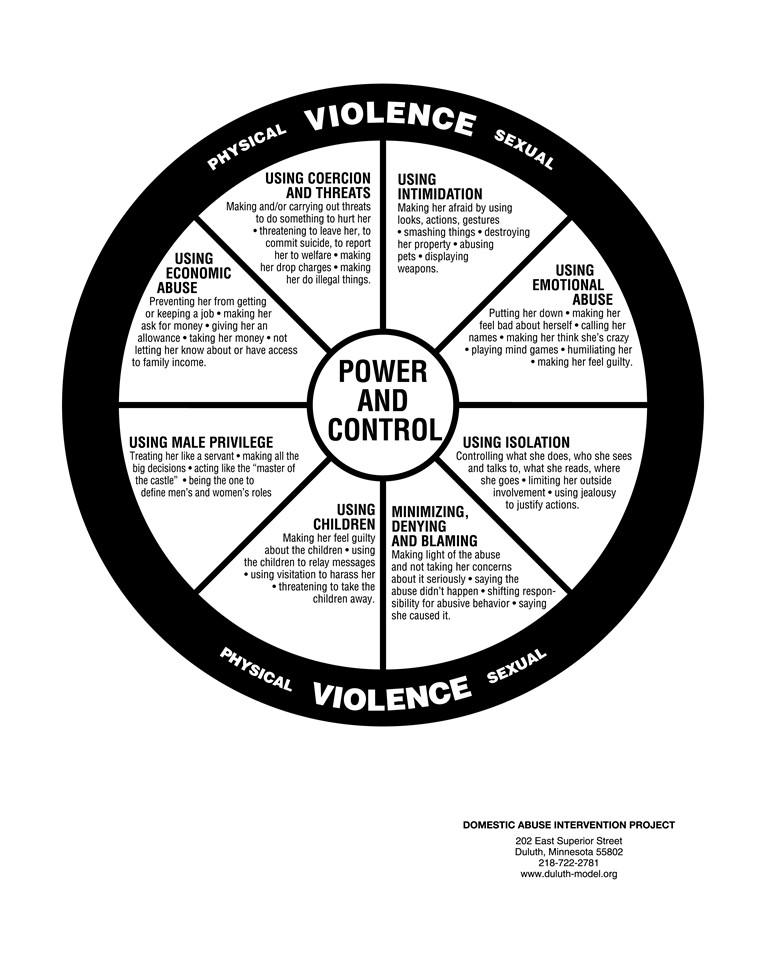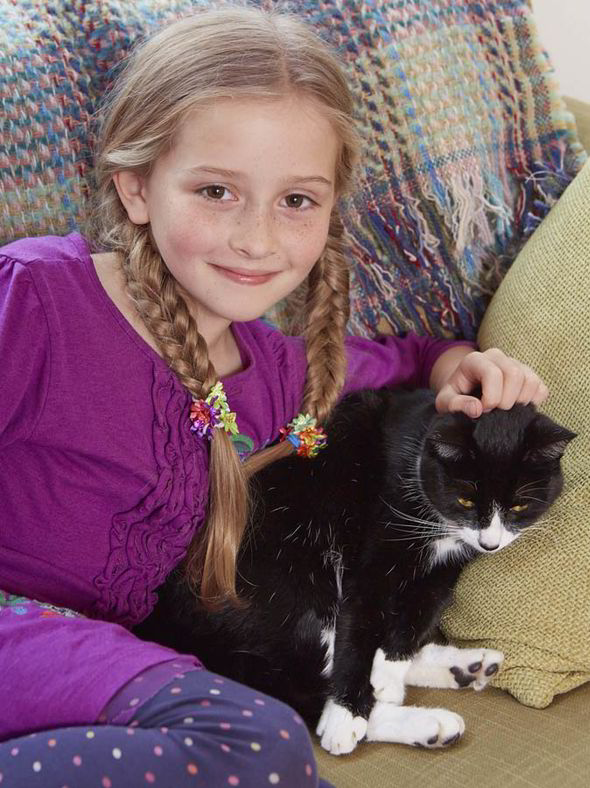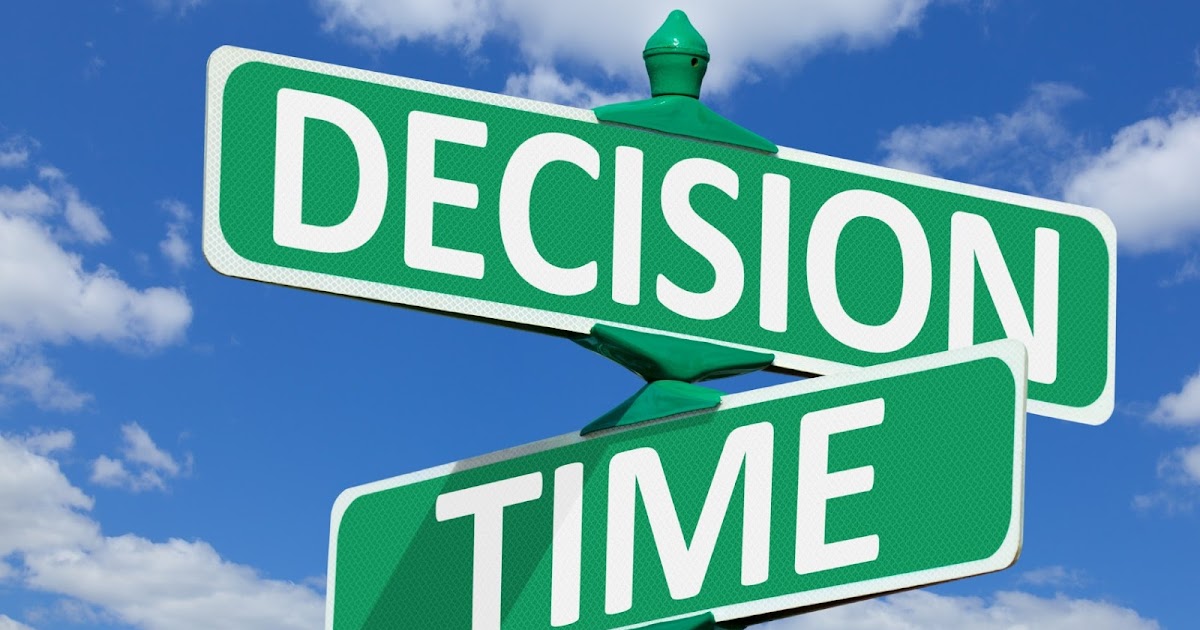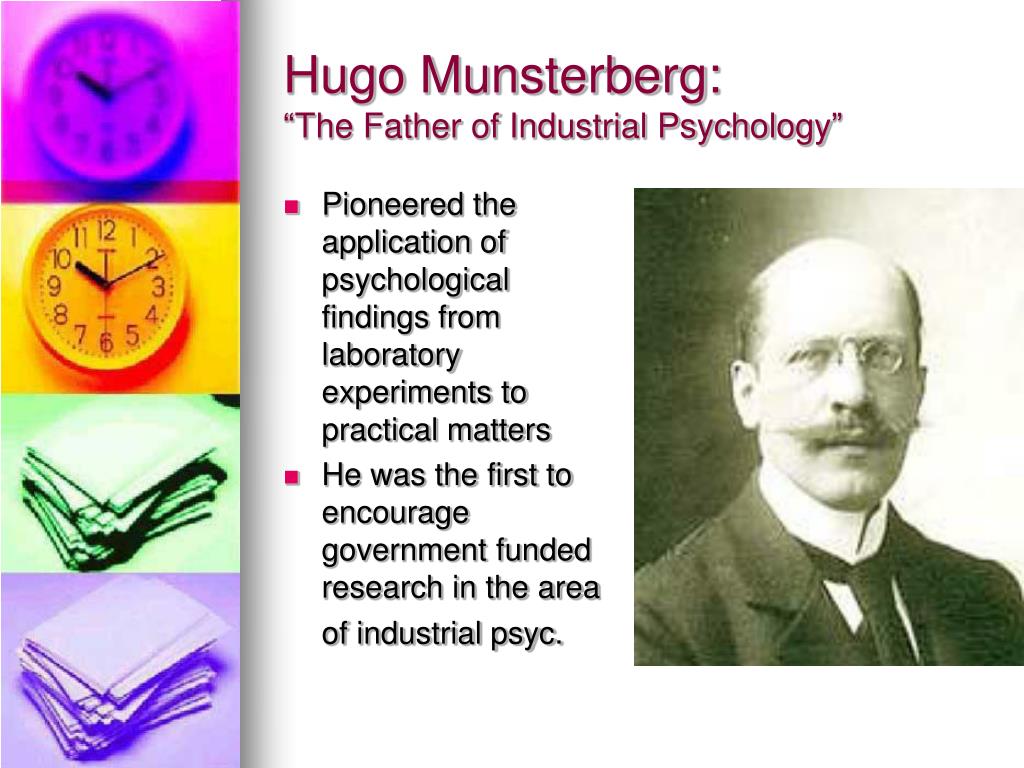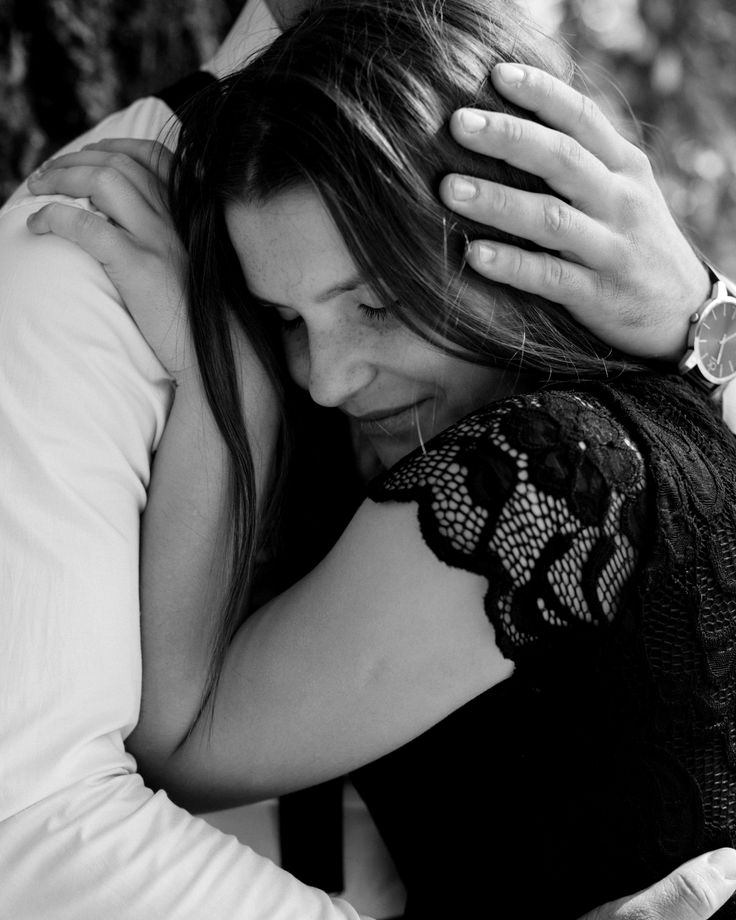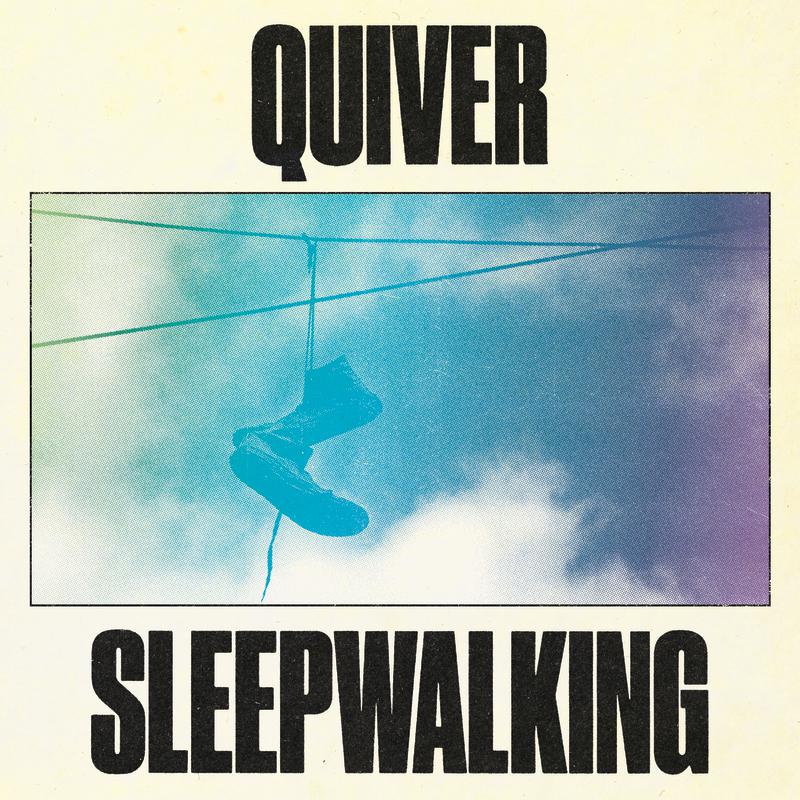What an abusive relationship looks like
25 Signs You're in an Abusive Relationship
Skip to contentPublished: September 2, 2022 Updated: October 10, 2022
Published: 09/02/2022 Updated: 10/10/2022
Written by:
Silvi Saxena
MBA, MSW, LSW, CCTP, OSW-C
Written by:
Silvi Saxena
MBA, MSW, LSW, CCTP, OSW-C
Signs of an abusive relationship might include feeling that you deserve the mistreatment from your partner and justifying your partner’s abusive behaviors. If you find yourself in an abusive relationship, remember that it is not your fault and you do not deserve to be treated poorly. It is important to seek help immediately and to stay away from your abuser. You don’t have to go through this alone.1
You don’t have to recover from an abusive relationship on your own. BetterHelp has over 20,000 licensed therapists who provide convenient and affordable online therapy. BetterHelp starts at $60 per week. Complete a brief questionnaire and get matched with the right therapist for you.
Choosing Therapy partners with leading mental health companies and is compensated for referrals by BetterHelp
Visit BetterHelp
There are a number of red flags to look for if you think you may be in an abusive relationship. Some abusive relationships begin as toxic relationships, and you may not recognize the toxic traits until they become abusive. It’s also important to consider the cycle of abuse you may be in if there has been a pattern of abuse and then reconciliation, as abusers tend to create these cycles to keep their victim submissive.
“Most people expect to feel scared or angry when in an abuse situation, but the reality is much more complex. You might feel both of those things, but usually an abusive situation is maintained by the fact that you also feel deep love and a sense of intimacy and closeness. You might feel like your abuser is the only person who loves or protects or understands or appreciates you. That’s part of what makes it so hard to even think about leaving.
” – Avigail Gordon, PhD, Clinical Psychologist
Here are 25 potential signs of an abusive relationship:2
- Verbal abuse
- Poor temper by abuser
- Unpredictable behaviors by abuser
- Cruelty to animals and others by abuser
- Possessiveness by abuser
- Jealousy by abuser
- Threatening behavior by the abuser
- Forced sexual activity by abuser and disregard for others desire for such activity
- Controlling behavior by abuser and codependency
- The abuser gaslights the victim
- Financial control by abuser
- Blaming the victim and trauma bonding
- Abuse of children by abuser
- Accusing the victim of perceived slights
- Controlling the attire of the victim
- Demeaning behaviors and attitude toward victim
- Publicly shaming the victim
- Harassment of the victim publicly
- Bruises on the body, black eye, bleeding, and cuts on the victim
- The victim displays rapid changes in behavior
- The victim develops sexually transmitted infections
- Overdose of medication or underdose of medication for the victim
- Malnutrition of the victim
- Growing health issues of the victim
- Withdrawing behaviors by the victim
Types of Abuse in Relationships
There are several types of abuse that can occur in relationships, including:
- Physical Abuse: Intentional bodily injury such as slapping, kicking, punching, choking, pinching and physical restraints.

- Sexual Abuse & Coercion: Nonconsensual sexual behaviors by one partner to another. Contact that is unwanted and unwelcome, such as touch, rape, nudity, sexually explicit photography and sodomy.
- Mental & Emotional Abuse: Purposefully causing emotional pain and/or mental pain. Behaviors of emotional abuse include isolation, harassment, ridiculing, coercion, intimidation, coercion, silencing and controlling behaviors, yelling and swearing and other verbal attempts to cause mental distress.
Popular Choices For Online Therapy
BetterHelp – Best For Those “On A Budget”
Brightside – Best For Anxiety & Depression
Talkspace – Best For Therapy & Medication
According to 14 Best Therapy Services of 2022 (updated on 8/9/2022), Choosing Therapy partners with leading mental health companies and is compensated for referrals by BetterHelp, Brightside, and Talkspace
What You Might Feel or Say When You’re in an Abusive Relationship
An abusive partner may make you feel like you can’t believe yourself, or that the problems in the relationship are your fault. This is known as gaslighting.
This is known as gaslighting.
Here are some things you might say to yourself if you’re in an abusive relationship:
‘My partner loves me – they’re not violent all the time’
Someone may say this to justify their decision to stay in the relationship because poor behavior doesn’t happen all the time. They are focused on the moments where there is no violence and consider that good enough. They attribute the times of non-violence to prove that their partner does love them.
‘They didn’t mean to hurt me’
Similarly to above, when they are being physically injured, they consider it to be about what their abuser says, which is that they didn’t intentionally mean to hurt them. The victim hears the words and believes the words instead of looking at the action.
‘It’s so confusing – I’m sure it’s a one-time thing’
Someone may say this if they are trying to understand how and why abuse may have occurred and pacify it. They allow and accept the one-time behavior to happen, and when it happens again, they may struggle to understand that it is abuse if they are so quick to allow poor behavior.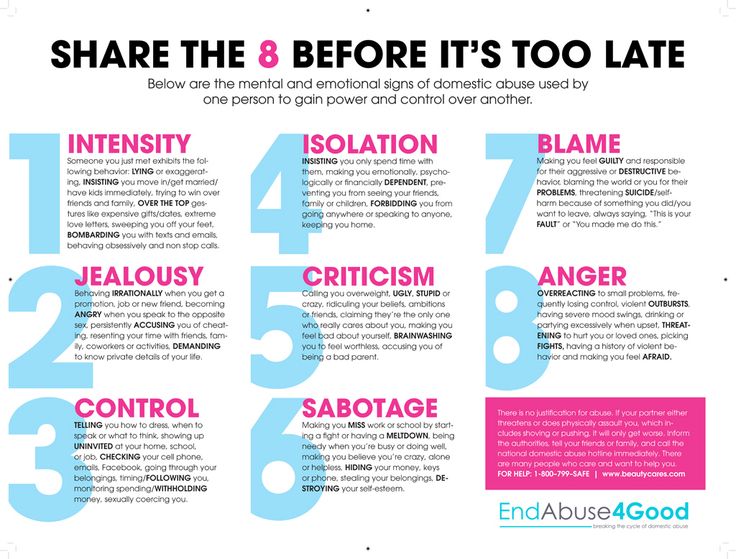
‘Maybe it’s my fault’
Someone may say this because they are made to feel that they are at fault, and if they adjusted their behavior, they wouldn’t be hurt. They may also have a history of abuse and have internalized a false narrative about their self worth.
‘I’m scared of what will happen if I leave’
Someone may say this to mean a couple things. First, they may physically fear leaving if they have been threatened that if they leave, the abuser will find them. The abuser can psychologically keep victims held captive. Second, someone may say this because they don’t know life without this person or they may depend on this person for housing, financial support, meals, etc.
Effects of Abusive Relationships
If you are in an abusive relationship, you may feel hopeless about how the situation might improve, or you might feel guilty for staying in a relationship even though you know it’s not healthy.
Abusive relationships can make someone feel:
- Confused
- Hopeless
- Guilty
- Afraid
- Shamed
- Moody
Someone in an abusive relationship may also develop mental health concerns, like:
- Difficulty concentrating
- Social isolation, withdrawal and feeling lonely
- Having nightmares
- Anxiety
- Depression
- PTSD
- Developing an eating disorder
- Developing a substance use disorder
Someone may also develop physical issues, like:
- Tight muscles
- Racing heart
- Body aches and pains
- Chronic psychosomatic pain or physical pain
- Sleep issues
- Heart disease
- Headaches and migraines
How to Leave an Abusive Relationship
Making the decision and plan to leave an abusive relationship can seem very scary and difficult even though the way you are being treated is unacceptable.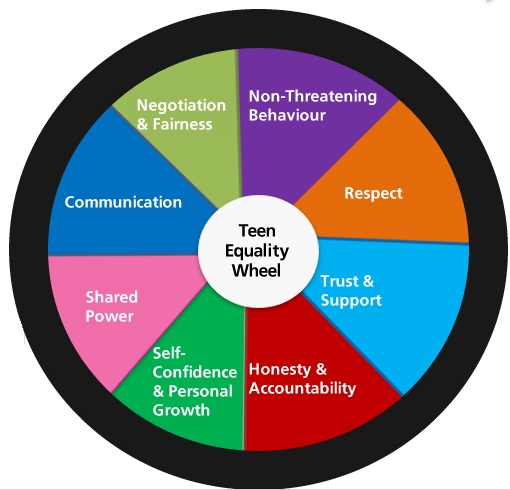 You may have your finances and housing intermingled, which can be hard to separate. You may be experiencing trauma bonding as well, making the idea of leaving even more challenging. You may also be so isolated from friends and family that you don’t know how to contact anyone for support. You are not alone and you’re brave for taking steps to leave a toxic relationship.
You may have your finances and housing intermingled, which can be hard to separate. You may be experiencing trauma bonding as well, making the idea of leaving even more challenging. You may also be so isolated from friends and family that you don’t know how to contact anyone for support. You are not alone and you’re brave for taking steps to leave a toxic relationship.
Gordon cautions, “If you are thinking of leaving an abusive relationship, you need to have a safe place to go, a safe way to get there (car keys, gas money, bus fare), and a clear plan. You also want to have access to important documents like your passport or birth certificate, insurance cards, or car registrations. Keep those in one place so you can grab them easily. If you can, try to build up some money that you have secure or job skills you can use once you’re safe.”
Here are seven steps to take if you’re ready to leave an abusive relationship:3
1. Be Aware of Red Flags
When you sense that your abuser is going to get angry and you can anticipate that something may happen, stay vigilant. When you sense this is happening, plan to have reasons to leave the house. Have a story or explanation that will be believed both during the day and at night.
When you sense this is happening, plan to have reasons to leave the house. Have a story or explanation that will be believed both during the day and at night.
2. Find Safe Spots
If your abuser starts to get angry and you feel they may become abusive, locate a safe area of the house where you can go. Make sure these areas have access to a window and a phone. Try to avoid places with no exits such as closets. Also, connect with a neighbor or friend as well and come up with a plan to leave the house and go elsewhere.
3. Have a Code Word
Come up with language or a gesture that you can use to alert others that you are in danger and to seek help. A code word, a facial expression, or a hand gesture are all ways to communicate discreetly. Know where you can go in case of an emergency and locate potential shelters.
4. Have a Go Bag Ready
Make sure you have a packed bag with the essentials that you can grab and leave the house with. A key, car keys, clothes, cash, phone numbers, documents, etc. Asking a friend or relative to keep copies of all of these is important as well. Make sure you have access to the location you are fleeing to, whether that is a shelter or a friend’s house (a key hidden in a specific spot) so you are not stuck without a place to go to.
Asking a friend or relative to keep copies of all of these is important as well. Make sure you have access to the location you are fleeing to, whether that is a shelter or a friend’s house (a key hidden in a specific spot) so you are not stuck without a place to go to.
5. Do a Practice Drill
Practice leaving the house and go over your exit plan so you know what to do. If you have children, have them participate so they also know what to do.
6. Don’t Use a Phone That Your Abuser Has Access To
This phone might have information such as location tracking, account information, and billing. Use a go phone, a prepaid phone, payphone or a friend’s phone if you need to make phone calls. The same goes for other devices such as computers and tablets.
7. Don’t Be Afraid to Ask for Help
If you are in an abusive situation and need help getting out, there is no shame in asking for help. Connect with trusted friends and loved ones to help you get to safety and out of the volatile relationship.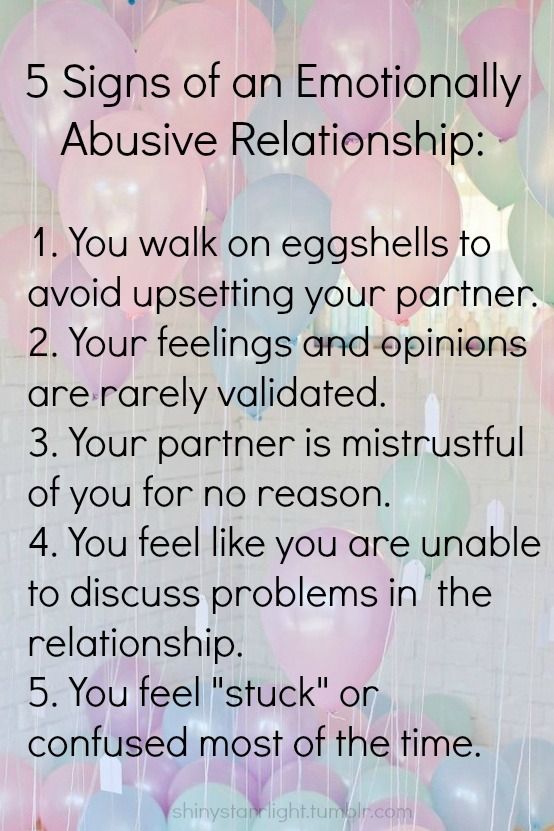 There are many resources available that can help you heal and move forward. Many domestic violence shelters and organizations give victims access to legal support, therapy, children’s services, healthcare, employment support, educational services, and financial assistance. Your information will remain private and protected as shelters are aware that abusers oftentimes search for their escaped victim.
4
There are many resources available that can help you heal and move forward. Many domestic violence shelters and organizations give victims access to legal support, therapy, children’s services, healthcare, employment support, educational services, and financial assistance. Your information will remain private and protected as shelters are aware that abusers oftentimes search for their escaped victim.
4
BetterHelp has over 20,000 licensed therapists who provide convenient and affordable online therapy. BetterHelp starts at $60 per week. Complete a brief questionnaire and get matched with the right therapist for you.
Choosing Therapy partners with leading mental health companies and is compensated for referrals by BetterHelp
Visit BetterHelp
How a Therapist’s Support Can Help
Given the emotional volatility of an abusive relationship, it’s important to seek help immediately if you feel you are in danger of any kind. You do not need to endure any kind of abuse in a relationship and are not obligated to stay or try to work things out. Abuse should never be tolerated and a therapist can help you normalize this into an internalized belief.5 A therapist can help you unlearn unhealthy relationship patterns, deal with any relationship PTSD you’re experiencing, and learn what healthy relationships look like.
Abuse should never be tolerated and a therapist can help you normalize this into an internalized belief.5 A therapist can help you unlearn unhealthy relationship patterns, deal with any relationship PTSD you’re experiencing, and learn what healthy relationships look like.
When to Get Started
Ideally, the right time to get help with these relationship issues is when one or both partners identifies an issue in the relationship, far before abuse actually begins. It can be challenging to talk about with your partner, so it’s important to consider individual or couples therapy, depending on what your issues are.
Should We Go to Therapy Together?
Seeking therapy is a big challenge for those with abusive behaviors in part due to the major gaps in self awareness that don’t allow them to recognize areas for self-improvement. It may be likely that the victim in the relationship is the one to initiate therapy, either individually or couples therapy. The act of going to therapy and having someone listen without judgment and feel that your needs matter can help restore some of the self worth that was lost due to the abuse you’ve endured.
Finding a Therapist
A great way to find a therapist for these types of relationships is by searching an online directory where you can search for someone who has experience with abuse in relationships. All licensed therapists can be equipped to help people struggling with these issues. Reading reviews and looking at clinician bios to understand their scope of practice can give you an idea of whether their experience suits your situation. Many therapists offer a free phone consultation and teletherapy visits.
Another way to locate a therapist is by referral, which can come from a trusted loved one or a physician. Healthcare providers often have access to a network of other providers who can be helpful. Going through your primary care provider is also a great way to keep them in the loop about any treatment options or trauma experienced in the relationship.
Supporting a Friend in an Abusive Relationship
It can be difficult to know how to help someone who feels trapped in an abusive relationship.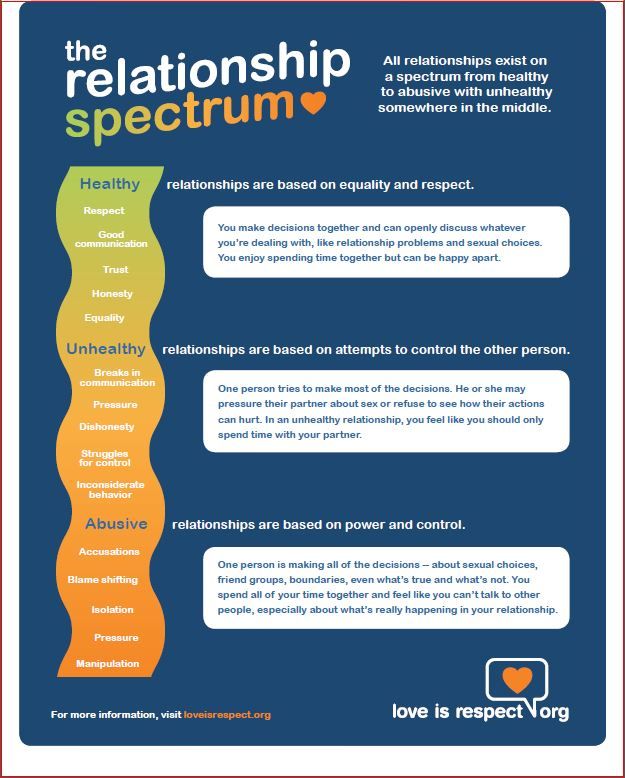 The best thing you can do is be there for them as a consistent source of support.
The best thing you can do is be there for them as a consistent source of support.
Gordon says, “The most important thing you can do is to maintain a relationship. Abusers often isolate their victims, and so just being a steady presence makes you a lifeline. Keep in contact. Don’t try to push your friend to leave before they’re ready or try to force them to acknowledge their partner is abusive. That can backfire and leave your friend even more isolated. Just remaining in their lives, and expressing that you’re there for them is the best way to help. That way, when they feel ready, you can help them get to safety or access other supports.”
Final Thoughts
If you are dealing with issues stemming from toxic or abusive relationships, talking to a therapist can make a big difference in how you feel. Abuse in any form should not be tolerated, but therapy and reaching out to your support network can help you recognize this and develop an exit plan.
Additional Resources
Education is just the first step on our path to improved mental health and emotional wellness.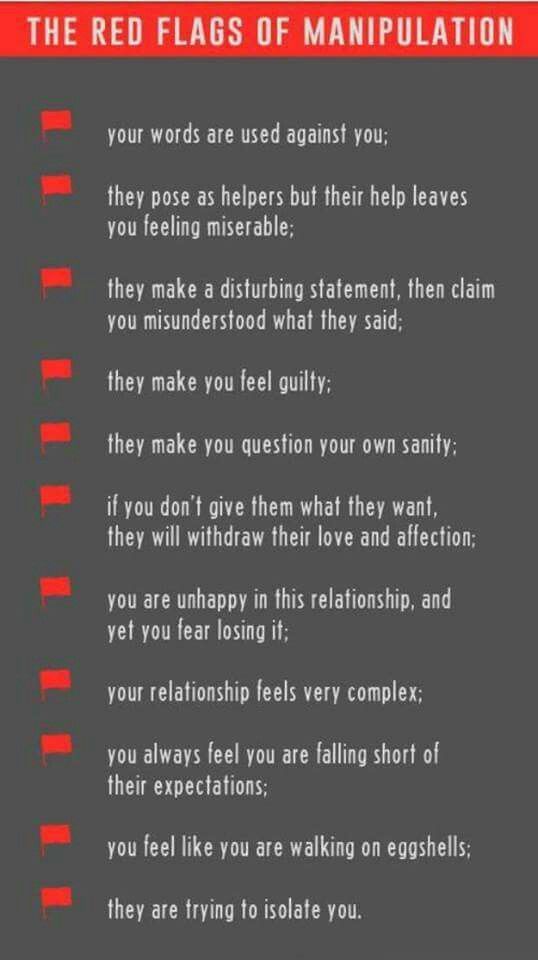 To help our readers take the next step in their journey, Choosing Therapy has partnered with leaders in mental health and wellness. Choosing Therapy may be compensated for referrals by the companies mentioned below.
To help our readers take the next step in their journey, Choosing Therapy has partnered with leaders in mental health and wellness. Choosing Therapy may be compensated for referrals by the companies mentioned below.
BetterHelp (Online Therapy) – Trauma and abuse can leave a lasting impact. Therapy can help with recovery. BetterHelp has over 20,000 licensed therapists who provide convenient and affordable online therapy. BetterHelp starts at $60 per week. Complete a brief questionnaire and get matched with the right therapist for you. Get Started
Brightside Health (Online Therapy & Psychiatry) – If you’re struggling recovering from trauma, therapy and medication can make a difference. Brightside Health treatment plans start at $95 per month. Cigna and Aetna accepted. Free Assessment
Hims / Hers (Online Psychiatry) – If you’re living with PTSD, finding the right medication match may make all the difference. Get FDA approved medication prescribed by your dedicated Hims / Hers Healthcare Provider and delivered right to your door. Plans start at $25 per month (first month). Get Started
Plans start at $25 per month (first month). Get Started
Choosing Therapy partners with leading mental health companies and is compensated for referrals by BetterHelp, Brightside, and Hims / Hers
For Further Reading
- Mental Health America
- National Alliance on Mental Health
- MentalHealth.gov
5 sources
Choosing Therapy strives to provide our readers with mental health content that is accurate and actionable. We have high standards for what can be cited within our articles. Acceptable sources include government agencies, universities and colleges, scholarly journals, industry and professional associations, and other high-integrity sources of mental health journalism. Learn more by reviewing our full editorial policy.
-
Kerr, G., Willson, E., & Stirling, A. (2020). “It Was the Worst Time in My Life”: The Effects of Emotionally Abusive Coaching on Female Canadian National Team Athletes. Women in Sport and Physical Activity Journal, 28(1), 81-89.

-
Cervantes, M. V., & Sherman, J. (2021). Falling for the ones that were abusive: Cycles of violence in low-income women’s intimate relationships. Journal of interpersonal violence, 36(13-14), NP7567-NP7595.
-
Barrios, V. R., Khaw, L. B. L., Bermea, A., & Hardesty, J. L. (2020). Future directions in intimate partner violence research: An intersectionality framework for analyzing women’s processes of leaving abusive relationships. Journal of interpersonal violence, 0886260519900939.
-
Perry, S., & Frampton, I. (2018). Measuring the effectiveness of individual therapy on the well‐being of children and young people who have experienced abusive relationships, particularly domestic violence: A case study. Counselling and Psychotherapy Research, 18(4), 356-368.
-
Murphy, C. M., Eckhardt, C. I., Clifford, J. M., LaMotte, A. D., & Meis, L. A. (2020). Individual versus group cognitive-behavioral therapy for partner-violent men: a preliminary randomized trial.
 Journal of interpersonal violence, 35(15-16), 2846-2868.
Journal of interpersonal violence, 35(15-16), 2846-2868.
update history
We regularly update the articles on ChoosingTherapy.com to ensure we continue to reflect scientific consensus on the topics we cover, to incorporate new research into our articles, and to better answer our audience’s questions. When our content undergoes a significant revision, we summarize the changes that were made and the date on which they occurred. We also record the authors and medical reviewers who contributed to previous versions of the article. Read more about our editorial policies here.
-
Originally Published: October 20, 2021
Original Author: Silvi Saxena, MBA, MSW, LSW, CCTP, OSW-C
Original Reviewer: Rajy Abulhosn, MD -
Updated: September 2, 2022
Author: No Change
Reviewer: No Change
Primary Changes: Updated for readability and clarity. Reviewed and added relevant resources. Added “What You Might Feel or Say When You’re in an Abusive Relationship”.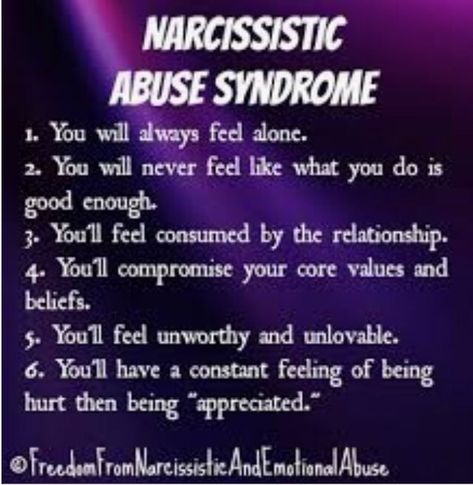 New material written by Silvi Saxena, MBA, MSW, LSW, CCTP, OSW-C and reviewed by Kristen Fuller, MD.
New material written by Silvi Saxena, MBA, MSW, LSW, CCTP, OSW-C and reviewed by Kristen Fuller, MD.
Written by:
Silvi Saxena
MBA, MSW, LSW, CCTP, OSW-C
If you are in need of immediate medical help:
Medical
Emergency
911
Suicide Hotline
800-273-8255
Signs of an abusive relationship | Abuse and violence
Content warning
This article discusses abuse.
If you’re currently in distress, please head to 1800RESPECT (1800 737 732) for support.
It’s not always obvious that you’re in an abusive relationship. This article flags some of the key signs to look for. It’s common for someone who is being abused to believe that it’s their own fault and that they somehow ‘deserve’ the abuse. It’s important to know that you’re never to blame for the way an abusive person treats you.
Key signs of an abusive relationship
An abusive relationship isn’t just limited to physical violence.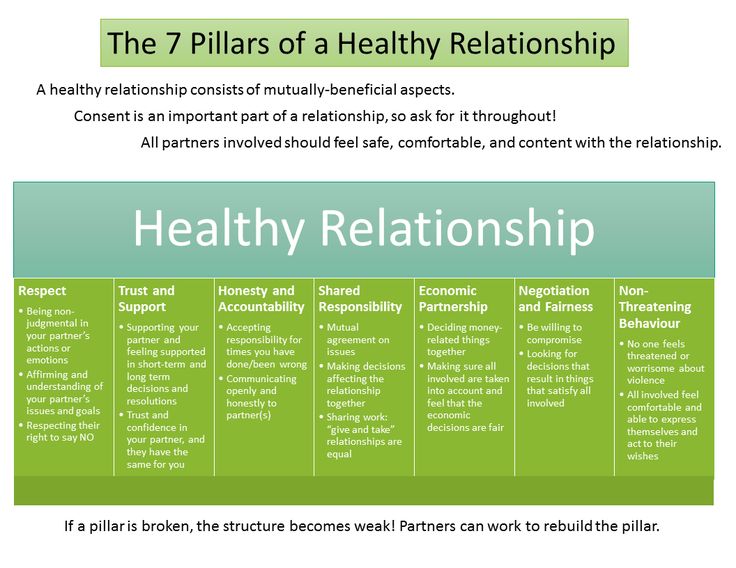 It can include sexual, emotional and physical abuse, and may involve control of your finances. Here are some signs to look for.
It can include sexual, emotional and physical abuse, and may involve control of your finances. Here are some signs to look for.
Controlling and possessive behavior
- They check on you all the time to see where you are, what you're doing and who you're with
- They try to control where you go and who you see, and get angry if you don't do what they say.
Being unreasonably jealous
- They accuse you of being unfaithful or of flirting
- They isolate you from family and friends, often by behaving rudely to them.
Put-downs
- They put you down, either publicly or privately, by attacking your intelligence, looks, mental health or capabilities
- They constantly compare you unfavourably to others
- They blame you for all the problems in your relationship, and for their violent outbursts
- They say things like, 'No one else will want you.'
Threats
- They yell or sulk, and deliberately break things that you value
- They threaten to use violence against you, your family, friends or a pet.
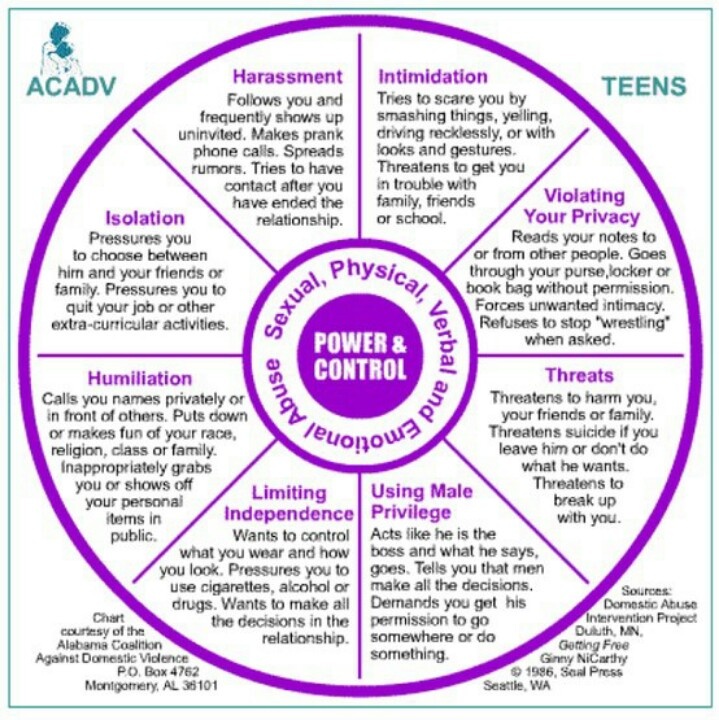
Physical and sexual violence
- They push, shove, hit or grab you
- They force or trick you into having sex or doing things you don't want to do
- They harm you, your pets or your family members.
Things you might feel in an abusive relationship
'My partner isn’t violent all the time – they love me'
Your violent partner may act lovingly towards you at other times and may truly feel sorry for their horrible behaviour. So it might be hard to stay angry and upset with them. However, there is quite a high chance that their violent behaviour will continue. Abusers can be incredibly charming people, especially if they’re trying to make you or others see them in a good light.
'Things will get better – they didn't mean to hurt me'
After a violent episode, it's common for both you and your abuser to try and downplay what happened with excuses, apologies or promises to change.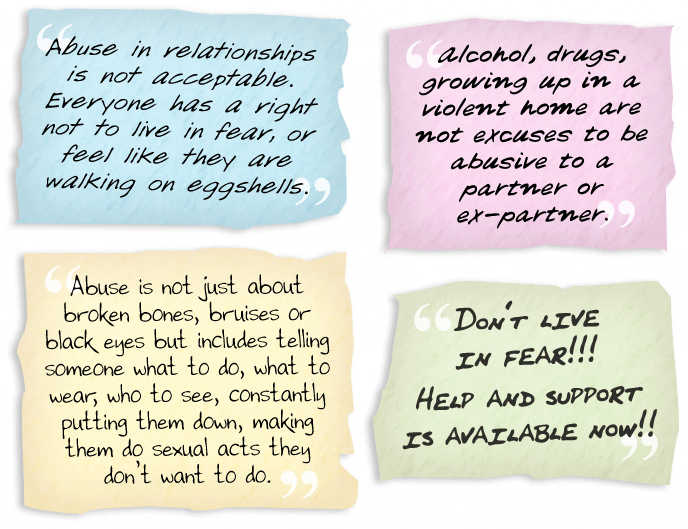 You may feel embarrassed or scared to acknowledge what actually happened. Things might settle down for a bit, but it’s often only a matter of time before abuse happens again. It's very difficult to completely get rid of physical abuse in relationships, and any abusive behaviour, without professional help.
You may feel embarrassed or scared to acknowledge what actually happened. Things might settle down for a bit, but it’s often only a matter of time before abuse happens again. It's very difficult to completely get rid of physical abuse in relationships, and any abusive behaviour, without professional help.
'It's so confusing – I'm sure it's a one-off'
If you’re experiencing abuse, things can feel really confusing, especially if it's your first relationship or if it is the first time your partner has shown abusive behaviour towards you. You might not be sure what to expect next. Abusers often try to influence your sense of what’s real, to make you feel confused or even that you’re going crazy. This is known as ‘gaslighting’. Statistically, though, if someone behaves violently once, they’re very likely to do it again.
'Maybe it's my fault'
You may begin to think that you’re to blame for your partner’s abusive behaviour. An abuser may excuse their behaviour by saying something like, 'It wouldn't have happened if you hadn’t…'. The truth is that no matter what you do, another person’s abusive behaviour is never your fault.
The truth is that no matter what you do, another person’s abusive behaviour is never your fault.
'I'm scared of what will happen if I leave them'
It’s not unusual to feel afraid of leaving the person who’s abusing you. You might feel unsafe, or scared of what the person might do to you or themselves. You might also feel that you aren’t capable of making it on your own. It’s important to remember that there are people who can help you every step of the way.
Getting help
Click here to learn more about what you can do if you’re in an abusive relationship.
You can always call 1800RESPECT (1800 737 732), a free national hotline that provides information, referrals and counselling for domestic violence, family violence, and sexual assault. It’s available to call 24 hours a day, seven days a week.
What can I do now?
- Find out what you can do about domestic violence.
- Want to chat with a peer worker who can listen to you and support you? Book a free, text-based session with ReachOut PeerChat.
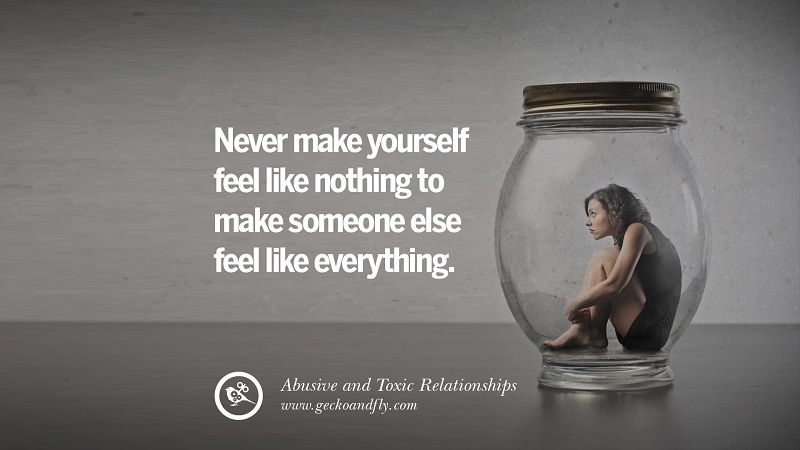
- Seek help from local support services.
Explore other topics
It's not always easy to find the right place to start. Our 'What's on your mind?' tool can help you explore what's right for you.
What's on your mind?
Signs of an abusive relationship
What is an abusive relationship?
Abusive relationships (from the English abuse - insult, abuse) is a term that describes any relationship in which one person shows power and control over another in a negative way. The abuse can be physical, but it can also be emotional, verbal, financial, or any other type of behavior that keeps one person in control of another.
Although there are many common aspects of an abusive relationship, each individual relationship looks a little different. Moreover, people in abusive relationships often find it difficult to recognize that they are in one. One of the most common aspects of an abusive relationship is that the abused person insists that what they are doing is normal and not harmful, making it difficult for the victim to understand their situation.
One of the most common aspects of an abusive relationship is that the abused person insists that what they are doing is normal and not harmful, making it difficult for the victim to understand their situation.
There is no such type of person who would be immune from abuse or could not become intruders. People of any nationality, age, gender, or sexual orientation can be victims of abuse. It is never the fault of the abused person; Responsibility for violence always lies with the abuser.
People who are victims of abusive relationships often live with a range of problems resulting from abuse, including:
- Feeling of isolation.
- Embarrassment.
- Depression.
- Anxiety.
- Suicidal moods.
- Addiction.
- Injuries.
- Financial difficulties.
While some conflict is normal in any relationship, a healthy relationship involves two people who can disagree, argue, and have their own opinions.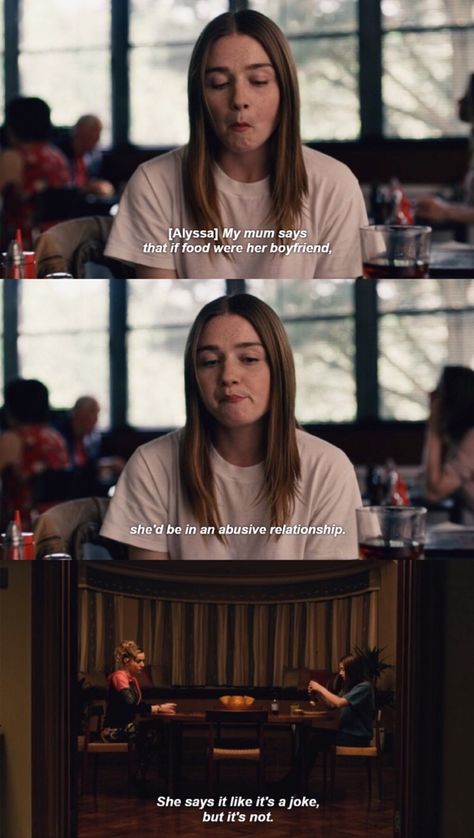
An abusive relationship involves one party controlling the thoughts, feelings, or actions of the other. Recognizing the signs can help you avoid or exit an abusive relationship.
Signs of an abusive relationship
While each abusive relationship uses different methods of control, the underlying themes remain the same. In an abusive relationship, one party uses their power over the other party to prevent them from doing anything other than what the abuser wants. Here are some signs to look out for:
Communication control
People who are being abused may try to monitor your interactions with other people. They may ask you to read your texts and emails, access your devices without permission, or even install tracking software to monitor your social life. Subsequently, they will often use this against you.
Insulation
Abused partners also tend to isolate the people they are abusing. The offended person may spread lies about you or try to convince you that your family and friends don't really love you. Either way, the goal is to cut you off from support systems that might otherwise help you get out of the relationship.
Either way, the goal is to cut you off from support systems that might otherwise help you get out of the relationship.
Financial control
In some cases of abusive relationships, the abused party tries to deprive the partner of control over their finances. This is done in order to make it difficult to leave the relationship. The offended person may deprive you of access to their accounts, hide information about your financial situation, or try to force you to quit your job.
Coercion
Another common abuse tactic is to get you to do something you don't want, whether through pleading, threats, force, or emotional manipulation. This may include sexual activities, but it may also include any other behavior that you don't want to do. Hurt people may also use coercion to keep you in the relationship if you try to leave.
Emotional manipulation
One of the most common types of abuse is emotional abuse. It may include: insulting you humiliating you in front of others making you feel "crazy" calling names making you feel guilty for ordinary actions. In a healthy relationship, both partners strengthen each other. Abusive relationships mean that one side destroys the other.
In a healthy relationship, both partners strengthen each other. Abusive relationships mean that one side destroys the other.
Physical abuse
Finally, physical abuse is the most well-known sign of an abusive relationship. If your partner hits you or hurts you in any way, chances are your relationship is abusive.
Solving the problem of abusive relationships
If you are in a relationship where you are being abused, the best course of action is to end it and leave your partner. It can be scary, so it's important to have a plan of action. Before you leave, find out where you are going and let friends or family know that you are planning to leave your partner.
You can also seek help from local resources if you need a place to go or help getting back on your feet.
Support and Resources
If you need support to leave an abusive relationship, the following organizations can help you:
Phone numbers:
- 102 - National Police of Ukraine;
- 15-47 - government hotline for victims of domestic violence;
- 116-123 or 0 800 500 335 - La Strada;
- 772 or 0 800 500 225 - National Children's Hotline;
- mobile teams of the Ministry of Social Policy in the regions;
- UNFPA day centers;
- @police_helpbot is a chatbot in Telegram from the Ministry of Internal Affairs.
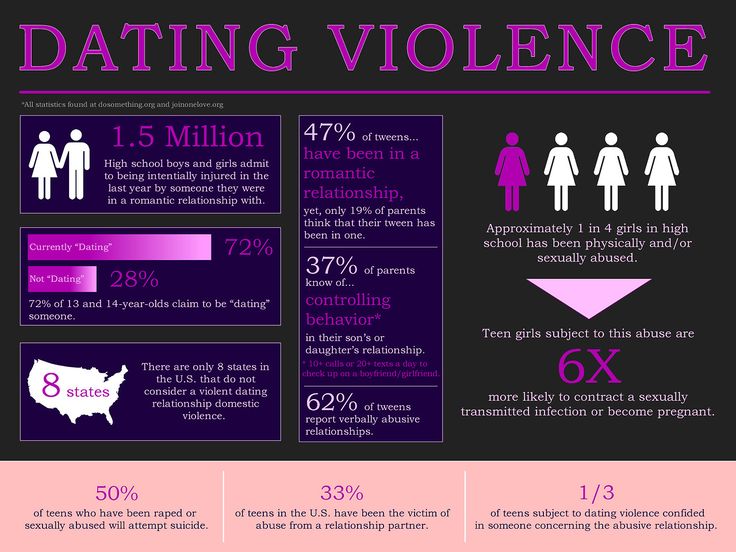
Source: psychologist Dnepr
Views : 277
Gotta Run: 22 Signs You're Dating an Abuser
This article is part of the Auto-da-fe project. In it, we declare war on everything that prevents people from living and becoming better: breaking laws, believing in nonsense, deceit and fraud. If you have experienced this, share your stories in the comments.
In relationships we seek love, care and acceptance. But some people don't need it. They want only one thing: complete control over their partner. And they achieve this in all possible ways - from subtle manipulations to threats, harassment and beatings.
Psychologists call such people abusers (from English abuse - violence, abuse). The consequences of a relationship with such a partner can be catastrophic. These are mental disorders (insomnia, depression, anxiety and post-traumatic stress disorder), physical injury, or even death if the aggressor has turned to physical violence.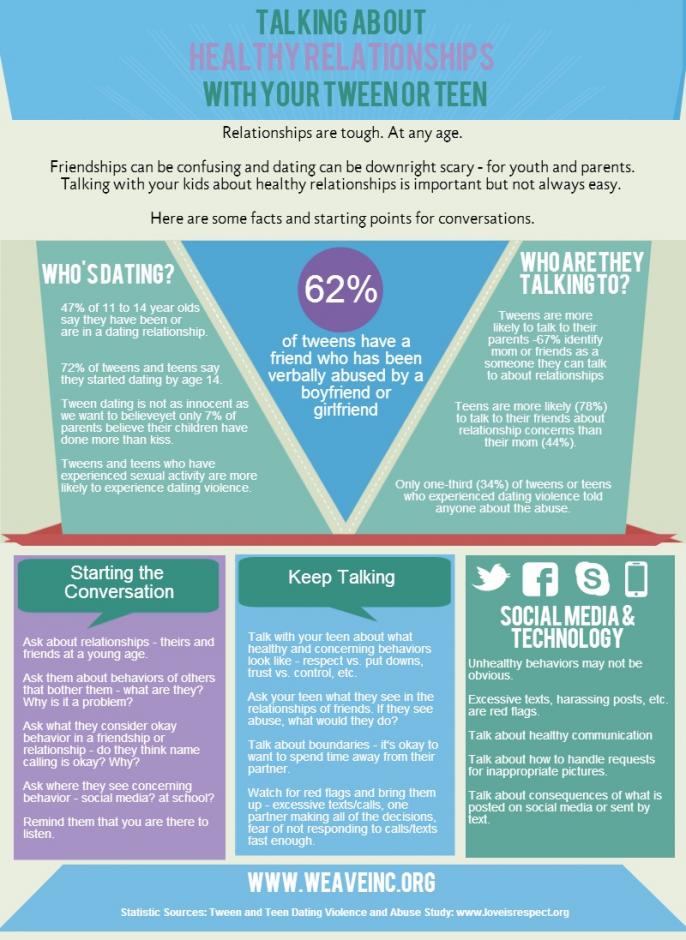
The best way to protect yourself from this is to recognize such a person in time and cut off any relationship with him. Here are the phrases and actions that betray the abuser.
Signals not to be ignored
Humiliation and criticism
The aggressor will definitely try to undermine your self-esteem. And here's how he'll do it.
1. “You are my little pig…”
At first, the abuser will not openly insult the victim, otherwise she will be indignant and off the hook. Therefore, he will present insults as something natural or even funny. He will not miss the opportunity to call his partner stupid, a loser, or even worse. If in response the victim is indignant, she is told that “I love it” and “you don’t understand jokes at all.”
This also includes seemingly cute, but in fact offensive nicknames like “my pampushka”, “piggy”, “fool”. As a result, the victim gets used to such humiliating language in his address and begins to think that she is really stupid, fat and that she will not succeed.
2. “You're always…”
Anything can go on: you're late, you stumble, you make mistakes, you ruin everything. Such remarks are accompanied by poking and eye rolling, and after that the abuser will definitely say something like this: “It's good that you have me. What would you do without me." Hearing something like this regularly, the victim sooner or later comes to the conclusion that she is really useless and cannot cope without her “savior”.
3. "It's okay, they're our friends!"
The aggressor can easily subject the victim to public humiliation. For example, rudely play a trick on her in the presence of acquaintances or make fun of her awkwardness. To all claims, he will say that there is nothing of the kind in this, and since everyone is funny, then she should be funny too.
4. “Are you going to the circus with that make-up on? Come on, it's just a joke!"
Brutal sarcasm, silly jokes that are actually insults wrapped in third-rate humor are all that abusers love to use to destabilize the victim and make them feel worthless.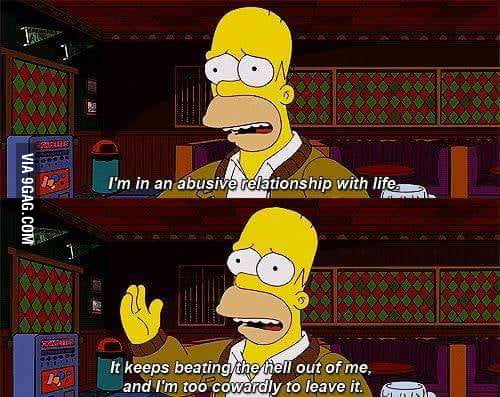 If she starts to resent, she will definitely hear that she understood everything wrong and, in general, one cannot be so vulnerable.
If she starts to resent, she will definitely hear that she understood everything wrong and, in general, one cannot be so vulnerable.
5. “Others your age are already making millions.”
No achievement impresses an abuser.
- Got a promotion at work? A little late, of course, but nothing, for you, and this is commendable.
- Got a prize at an important competition? And what are you rejoicing about, this is not a victory.
- Did you manage to pay off your mortgage early? Surely your parents helped you.
After such statements, a person, of course, is no longer happy and thinks that his achievements are really ridiculous and mean nothing.
6. "Don't waste your time on this bullshit!"
If the victim has an infatuation, the abuser will not miss the opportunity to make fun of him in every possible way. Because his task is to deprive the victim of his own life and interests, so that she spends time and energy only on him.
Control
Abusers use any technique to subdue their partner, deprive him of his will and make him feel shame for any offense - real or imagined.
7. “Where are you? Why don't you pick up the phone right away?"
The toxic partner tends to track every step of his victim. He requires her to report on her affairs and movements, annoys her with calls and messages. Can put on the phone programs that control the location. Can follow the victim personally. In a word, he does everything so that the “toy” does not run away and gets used to feeling on a short leash.
8. “Yes, I read messages on your phone. And what is it?
Abusers without a twinge of conscience can conduct digital surveillance of their victim. Read messages in social networks and messengers, listen to the phone, check the browser history. In some cases, they even demand to provide them with passwords and invade the privacy of the victim quite openly.
9. “It's common money.
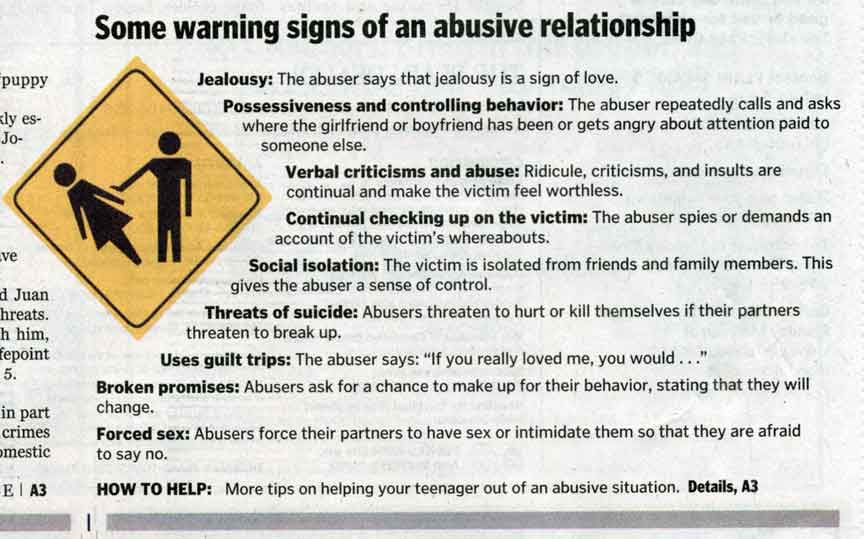 Should I have asked?"
Should I have asked?" Emotional abusers do not consider it necessary to take into account the opinion of their victim and make decisions unilaterally. They can carry out some operations with common money behind the partner’s back. They can cancel an appointment for another doctor, refuse an invitation to a holiday, express dissatisfaction with the boss because the victim spends too much time at work. In a word, they behave as if half of them have no rights.
10. “No, I won't give you money. You will spend it on nonsense again.”
Financial violence is one of the favorite levers of aggressors. If the victim does not have his own income (unemployed, housewife, mother on maternity leave), they begin to reproach her with money, deprive her of finances for “wrongdoings” or give out tiny sums that are really not enough for anything.
But even if we are talking about a working and financially independent person, the abuser will still find how to leave him without funds.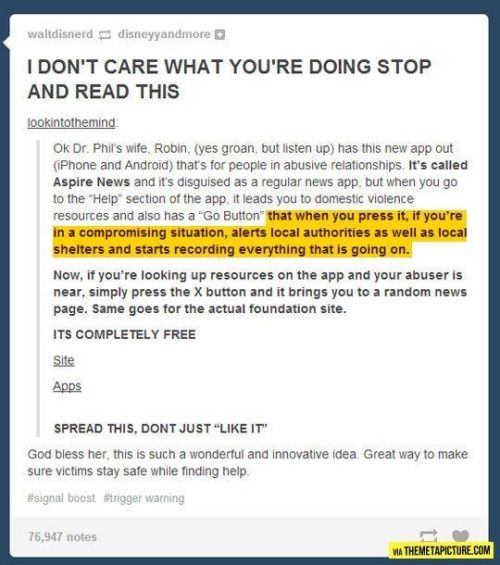 Put all the money in his account or stop paying the general mortgage. He will simply take everything he has earned, saying that the partner does not know how to handle money, and will force him to account for every ruble spent.
Put all the money in his account or stop paying the general mortgage. He will simply take everything he has earned, saying that the partner does not know how to handle money, and will force him to account for every ruble spent.
11. “Where is my supper? Bring it now!"
At first, abusers often seem nice and harmless, but at some point they may begin to communicate exclusively in an orderly tone. Do this, give that, go and buy it immediately, don't take those drugs anymore. Unquestioning obedience is expected from the victim, completely uninterested in her opinion and needs.
12. “Again you drive me crazy!”
Outbursts of anger - unpredictable and completely incommensurable with the actions that cause them - are a characteristic feature of the behavior of manipulators. A person who has been in contact with such a partner for a long time begins to be afraid and literally walks along the line so as not to provoke another explosion. Because screaming, assault or pogroms can start at any moment - it is enough to return home later than usual or not wash the dishes.
13. “You won’t succeed, let me be better”
Abusers behave as if the victim is not an adult, but a small child who can and should be told what to wear, where to go, who to be friends with, what to do . The opinion of the other party is not taken into account. Such a dictatorship is often served under the sauce of caring. The task is to deprive a person of independence and make him believe that he himself is not capable of anything.
What is taught at women's trainings
Personal experience: how debt makes life hell
8 types of teachers you should not trust
Someone else's body is none of your business. Why people have the right to look the way they want
8 types of people who do not value other people's time and incredibly enrage them
10 scam tricks that even smart people fall for
Instilling guilt
Guilt is an excellent lever, with the help which is very easy to manipulate. And abusers know this very well.
And abusers know this very well.
14. “I can see you are flirting!”
An abuser's victim may turn out to be unfaithful at any time, even if she herself does not know it. Did you smile at the waitress? He must have been trying to play. Did you go to a corporate party in a beautiful dress? Well, everything is clear, this is only for the men from the office to stare.
A "traitor" can be followed, he will be forced to make excuses for every look, sigh or smile, for every minute of being late - as if the truth is somehow to blame. And this is not to mention the screams, scandals and ugly scenes, including public ones.
15. “Aren't you ashamed?!”
If the victim's behavior does not meet the expectations of her partner, she will be told how worthless she is and how she disappointed such a good person. This will be done, for example, with the help of lengthy notations and replies.
16. “I do so much for you! And you…”
When the victim tries to argue, object or defend his point of view, the manipulators often begin to put pressure on guilt.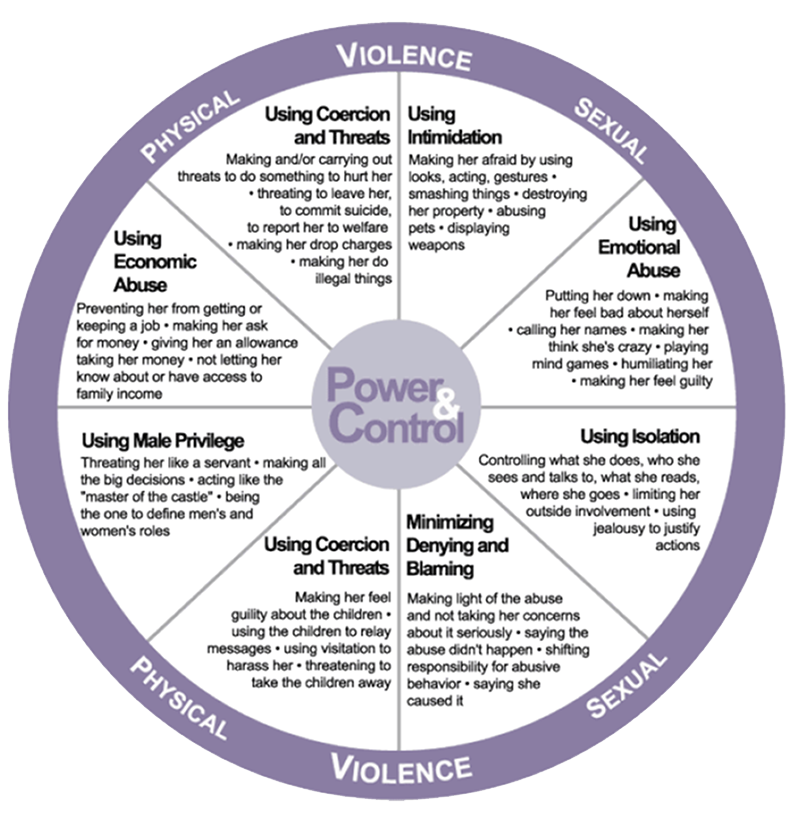 They make it clear that they are ready for anything for the sake of relationships, and the other half is just an ungrateful bastard who does not appreciate anything. By the way, this technique is very fond of not only toxic partners, but also parents: “We have invested so much in you! Why do you hate us so much?"
They make it clear that they are ready for anything for the sake of relationships, and the other half is just an ungrateful bastard who does not appreciate anything. By the way, this technique is very fond of not only toxic partners, but also parents: “We have invested so much in you! Why do you hate us so much?"
17. "It's your fault!"
It doesn't matter what exactly goes wrong in the life of an abuser - the boss shouted, the project failed, the tire was punctured, he needs to find the culprit. And for this role they usually choose someone defenseless and dependent, someone who cannot give a proportionate answer or send them away.
Isolation and rejection
Abusers often try to quarrel with friends and relatives and force them to leave their job. In a word, to make sure that the victim is left alone, without anyone's support.
18. “These friends were given to you. Let's have a better time together.”
It is unprofitable for an abuser to have his “property” have a rear in the form of relatives. After all, they can notice his inappropriate behavior earlier than the victim, blinded by feelings, and advise her to leave. Therefore, it is very important for an emotional abuser to stand between his half and her social circle. He will set her against friends, quarrel with relatives, directly or indirectly interfere with communication. For example, he will convince the victim that her family does not love him and unfairly offends him, or that his friends are actually jealous of her.
After all, they can notice his inappropriate behavior earlier than the victim, blinded by feelings, and advise her to leave. Therefore, it is very important for an emotional abuser to stand between his half and her social circle. He will set her against friends, quarrel with relatives, directly or indirectly interfere with communication. For example, he will convince the victim that her family does not love him and unfairly offends him, or that his friends are actually jealous of her.
19. “I don't want to talk to you.”
One type of emotional abuse is ignorance. For some “offence”, the victim is punished with coldness and detachment. She is deliberately deprived of tenderness or sex, they stop talking to her, they literally stop noticing her, as if she is an empty place. If people aren't living together yet, the abuser may go off the radar and stop answering calls.
As a result, the victim experiences a very rich palette of negative feelings - from discomfort to complete despair - and after some time is ready to beg for forgiveness, just not to feel rejected.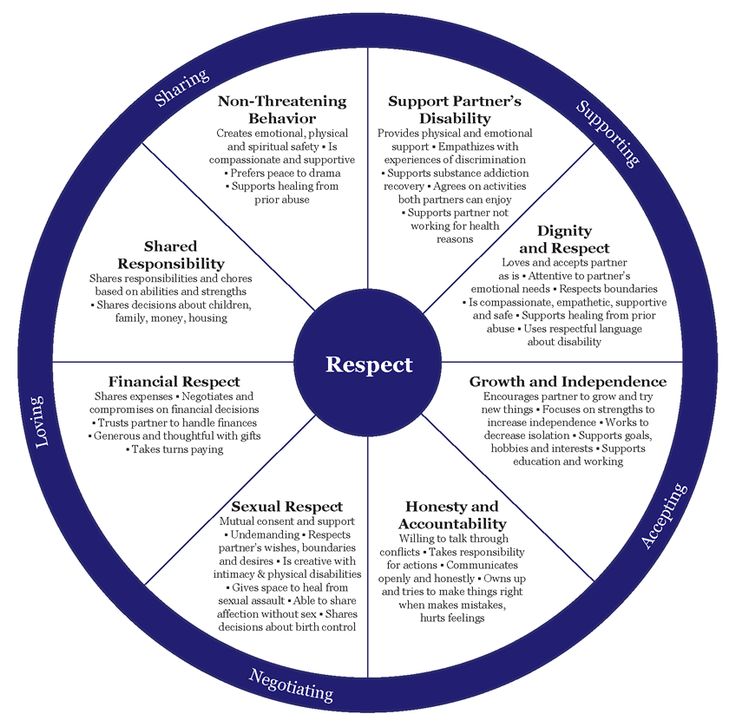 And the abuser generously forgives her in order to arrange an emotional swing for her again after some time.
And the abuser generously forgives her in order to arrange an emotional swing for her again after some time.
20. “Are you crying? Well, okay.”
You can't expect sincere warmth and support from an abuser. If a partner is upset and going through a difficult time, it is easy for the emotional abuser to ignore it, pretend not to notice, or say that the partner has no right to feel what he feels.
Devaluation
The abuser does his best to make the victim feel insignificant and worthless.
21. “Just think! Is that a problem?"
The victim tells his partner about something important to her, shares her feelings, and he demonstrates with his whole appearance that this is nonsense. This behavior is called depreciation. It can be very hurtful and undermine your sense of self-worth.
Devaluation can be expressed not only verbally. There are other gestures like eye-rolling, snorting and poking.
22. "You take everything too personally"
Such phrases can be a sign of gaslighting - manipulation, with the help of which they try to convince the victim of his inadequacy.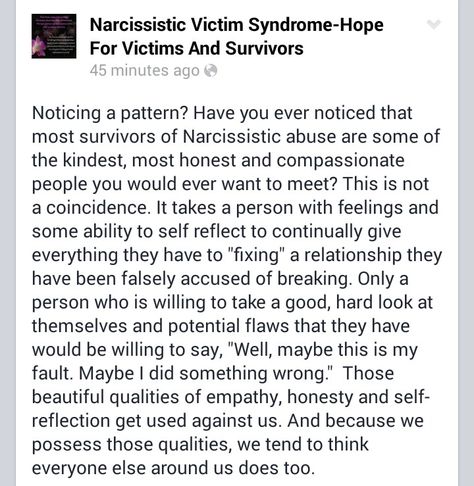 Make believe that she is too vulnerable and impressionable, or even comes up with something that is not there. Typical gaslighter phrases: "You're exaggerating", "You just imagined!", "Don't be so nervous!", "Why are you making this up?".
Make believe that she is too vulnerable and impressionable, or even comes up with something that is not there. Typical gaslighter phrases: "You're exaggerating", "You just imagined!", "Don't be so nervous!", "Why are you making this up?".
If the abuser is pinned against the wall with irrefutable facts, he will still deny to the last that he insulted you, raised his hand, followed you or hid money. Or he will fall into a rage and declare that it was the victim who brought him to sin, which means that she herself is to blame for everything. All this is necessary to destabilize the partner and achieve his obedience.
What to do if you are in a relationship with an abuser
Julia Hill
Psychologist, member of the Professional Psychotherapeutic League, blogger.
Why is it difficult to end a relationship?
2. Abuse is perceived as a concern: “Where are you going?”, “When will you be?”, “Don't communicate with her/him”.
3.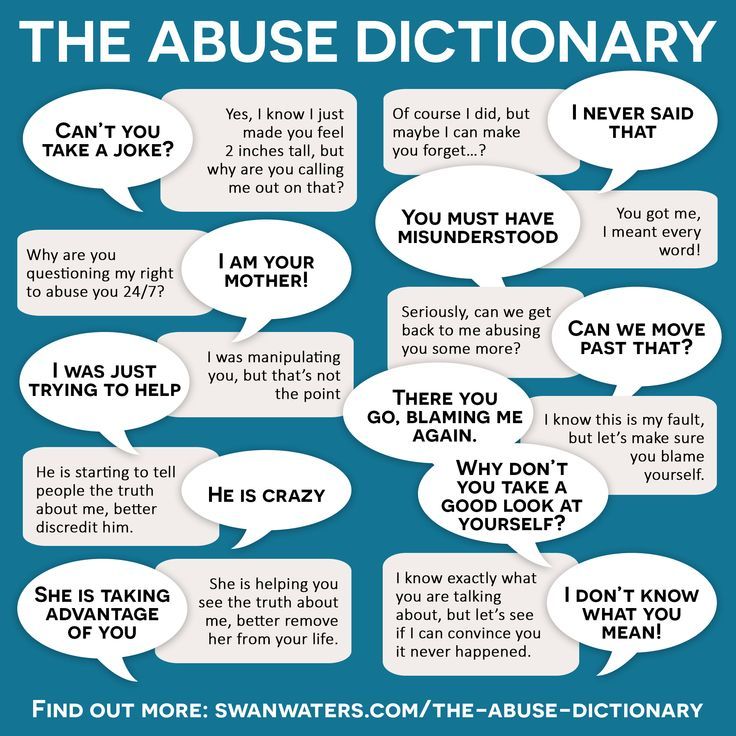 The person does not notice any violence, because he found himself in a scenario familiar from childhood. The partner reminds him of a parent.
The person does not notice any violence, because he found himself in a scenario familiar from childhood. The partner reminds him of a parent.
A parent can be called an abuser if he is domineering, strict, makes unbearable demands on the child, suffers from alcohol addiction, and is anxious and controlling. Love is associated with violence, and it is this scenario that lays the foundation for all future relationships. Leaving an abuser is like leaving a parent.
To rebuild the usual scenario, you have to go back in time. Because in a relationship with an abuser, a person is trying to solve children's problems. Often, after breaking one such relationship, he immediately falls into another. Just, for example, there the husband no longer drinks and beats, but is jealous and controls every step.
What to do
1. Consult a psychologist. This is the most effective, but not always affordable way.
2. Find in your story the one who became the source of the "love is violence" belief. Think about how interacting with someone close to you is reminiscent of your current relationship with your partner. This is not always easy to do, because the psyche is on the defensive against traumatic memories. Often people say: “There was nothing like that”, “I don’t remember”. This is fine. It means that you are not yet ready to face strong feelings.
Think about how interacting with someone close to you is reminiscent of your current relationship with your partner. This is not always easy to do, because the psyche is on the defensive against traumatic memories. Often people say: “There was nothing like that”, “I don’t remember”. This is fine. It means that you are not yet ready to face strong feelings.
3. Understand that a partner is a replacement for your parent. Children cannot help but love mom and dad, because they are dependent on them. The child's psyche is very adaptive and allows you to become attached even to those adults who beat and offend.
Your inner child doesn't want violence, he wants love. But in your understanding, it is either equal to violence, or comes after it.
But now you are an adult and have the right to choose whether or not to tolerate an unhealthy relationship. Try to realize that your choice of partner is not due to love, but to the desire to complete the children's scenario.